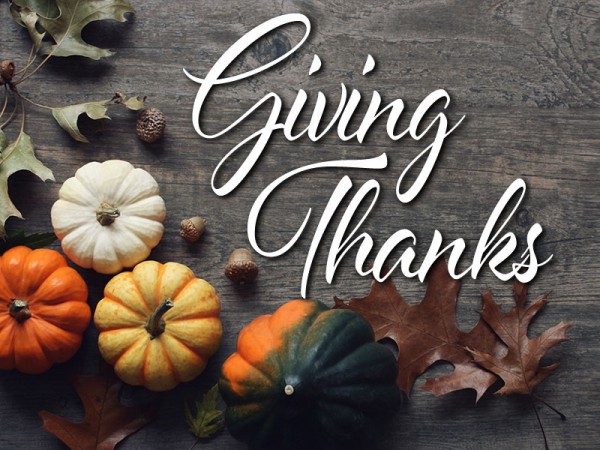Proper fall maintenance can be the key to a flourishing green lawn in the year ahead. These practices include irrigating, fertilizing, controlling weeds and soil testing.
With the drought this year, proper irrigation is important for a healthy lawn. However, with our current water situation this can be difficult. As the temperatures drop below 50 degrees, the warm season grasses like bermuda, centipede, and zoysia begin to grow more slowly and lose color as they become dormant. Even though the grass has slowed down, water is still important.
Irrigation is equally important in early spring when the turf starts to green up. During these times of year, it's important to keep the top 2 to 4 inches moist. Probably one-half inch of water every two weeks should be enough. But check the soil to be sure.
The second most important step to a thriving lawn is to fertilize it based on soil test results. You should test your soil once every 2 or 3 years. It's always best to develop and maintain a fertilizer program based on a soil test. It is particularly important to maintain a soil pH of 5.5 to 6.5.
You can protect your lawn from excessive winter kill by insulating it. To do so, cut the warm-season grasses one-forth to one-half inch higher than normal going into winter. Leave most grasses about one notch above the normal cutting height. Centipede is the exception to the rule, mow it no higher than 1.5 inches throughout the year.
Also, don't fertilize centipede as late in the fall or as early in the spring as other warm season grasses, either. You should wait until centipede is fully greened up in the spring before fertilizing.
Newly seeded common bermudagrass need special attention because it's very prone to winter kill during the first year. Irrigate it through the fall, raise the mowing height and don't fertilize too late in the season.
If you are planning to reseed or re-sod, some grasses grow better in different areas of the state.
If properly maintained, meyer zoysia has more winter hardiness than most of the other grasses. But it requires more water. Also, the hybrid bermudagrasses generally will handle temperature extremes better than common bermuda.
Centipede is also an option many homeowners are trying. Centipede can be grown all over Georgia, but is susceptible to winter kill in extreme north Georgia. Many people also over-fertilize centipede.
Billy Skaggs, Agricultural Agent
Hall County Extension Coordinator
734 East Crescent Drive
Gainesville, GA 30501
Phone:(770)531-6988
Fax: (770)531-3994
Email: [email protected]
Monday
August 4th, 2025
12:15PM











